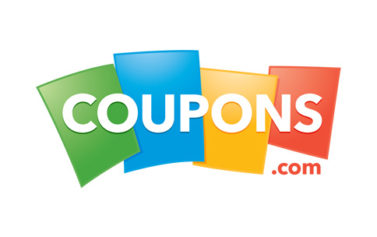Made your list? Checked it twice?
Before you go online to start shopping, make sure you know which sites are naughty or nice.
Do a little homework when great deals pop into your email queue. Are these deals from known, reputable dealers or something that looks similar to the real thing? If you are bit unsure, delete the email and go straight to the site.
There are a lot of fake e-commerce sites out there where thieves lurk to get your credit card numbers and other personal details. You’ll go through the shopping process but never receive the merchandise and get billed for it just the same. That’s the most benign outcome. Worse, your personal information may be at risk.
Some sites are not run by scam artists, but they do intend to steer you away from your intended site to get marketing information or tease you with added discounts or rebates that are not directly connected to your desired retailer. If the link asks you to fill in detailed, personal information, you should know that most legitimate retailers won’t ask for it. Also, if you scroll down to the fine print, usually the site will tell you the link is not affiliated with a particular company.
Deals on hot-ticket items abound, especially for electronic gear. Who doesn’t want to snag an expensive item at a reduced price? But don’t let your zeal to save a buck blind you to dangers that lurk around you.
And some things are just common sense. You can’t win a contest you did not enter. None of these companies are giving away products if a chain email collects the most names and email addresses. The emails never provide a maximum number of signatures or a deadline by which to submit them. There is a price below which a genuine Rolex, Mac, iPad, etc., will not go. If the price is so low it feels like a real steal, remember that you might be the one who is being taken.
Meanwhile, let the buyer beware:
Beware of emails and calls from firms asking you to contact them because your bank would not honor a recent request for payment. If that is true, your bank will contact you directly or, better yet, you can call your bank or go on its website to look at recent transactions if you suspect something is amiss. Never go directly through the links offered to you to investigate, just in case it is a site trying to track your digital footprints.
Another twist is an email from a bank at which you don’t have an account saying you have funds in a dormant account or that your account is about to be closed. Do not click on the link or call the number.
Beware of apps, all you smartphone users. Every time you add an app you increase your chances of downloading one that will steal your personal information or send out premium-rate text messages from your device. The solution is to download applications only from official app stores.
Beware of phony travel deals. There are scam travel websites with gorgeous photos and dirt-cheap prices. If it sounds too good to be true, it probably is. Go through sites you know and trust to book your holiday getaway.
Beware of software downloads. Digital scam artists also have found a way to trick Wi-Fi users at hotels, with pop-up ads that ask guests to install software before connecting to the hotel’s system. The third party then downloads malware onto the computer.
Ask the hotel when you make reservations if it offers free Wi-Fi in guest rooms or what the charge is. When you check in, you should be given the password that gets you into the hotel system.
Beware of joke or “insult” messages. We all like to snap on folks from time to time, but if you get an email that appears to be from someone you know that either teases you about your profile picture on a social network or tells you that someone is saying terrible things about you online, do not click on the link. It could well be a Trojan horse that not only targets you, but everyone on your contact list.
Beware of the gift card. We love gift cards. They are easy to get and put the onus on the recipient to buy whatever she wants with the money. But when you decide to purchase a gift card for a loved one, make sure you are buying it from the official retailer or bank. Some third-party operators are unscrupulous and could be selling you a useless card. There is no way to tell your mother-in-law it was a mistake.
Jackie Jones, a journalist and journalism educator, is director of the career transformation firm Jones Coaching LLC and author of “Taking Care of the Business of You: 7 Days to Getting Your Career on Track.”

